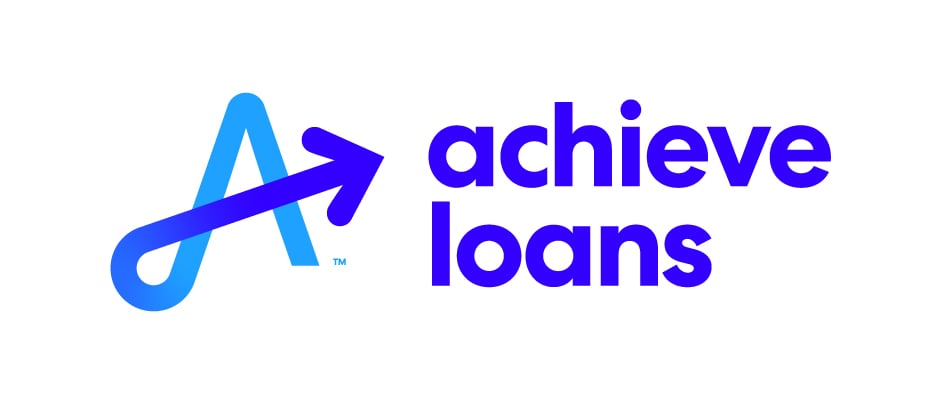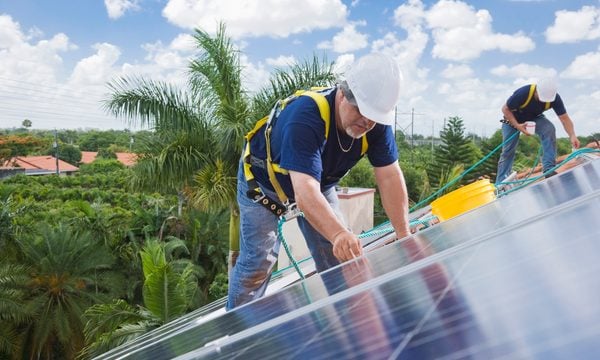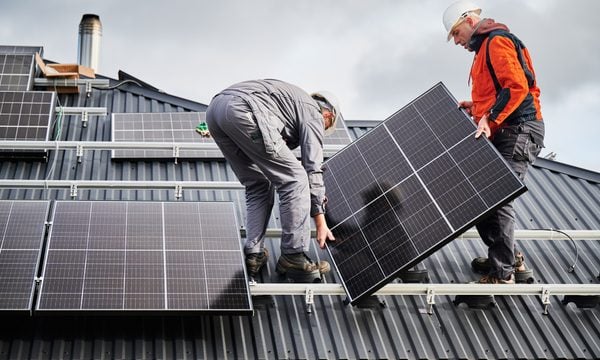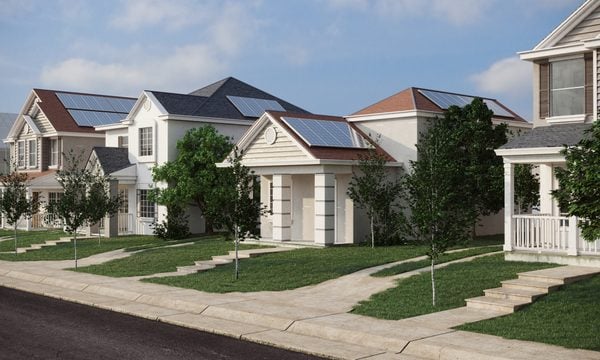Solar Panels in Illinois: Costs and Incentives
Learn about solar costs in Illinois, as well as net metering, the smart inverter rebate and other incentives.
Some or all of the mortgage lenders featured on our site are advertising partners of NerdWallet, but this does not influence our evaluations, lender star ratings or the order in which lenders are listed on the page. Our opinions are our own. Here is a list of our partners.
The average cost for solar panels in Illinois is $35,142 before any federal tax incentives, dropping to an average of $24,599 after they're applied. Illinois offers many incentive programs in addition to federal tax incentives for installing solar panels.
Illinois Solar For All helps low-income households add solar panels to their roofs, typically for no upfront cost . Illinois Shines provides an incentive upfront by purchasing solar renewable energy certificates (SRECs) from solar panel owners . Although the typical cost of solar installations in Illinois is higher than the national average (see the table below), these programs often make solar panels in Illinois much more affordable and may create a faster payback rate than in many other states.
Solar costs in Illinois at a glance
| Illinois | U.S. | |
|---|---|---|
| Average cost of home solar system before federal solar tax credit | $35,142. | $29,360. |
| Average cost of home solar system after federal solar tax credit | $24,599. | $20,552. |
| Average cost per watt | $2.97. | $2.56. |
| Source: EnergySage, a solar and home energy product comparison marketplace. Data is from March 27, 2025. | ||
Net metering in Illinois
Illinois implemented a new net metering method in January 2025 that reduces the value of utility credits that utility companies pay homeowners for their extra solar power .
Net metering is an agreement in which utility companies give homeowners credits for the excess solar electricity they generate and send to the power grid. Generally, these credits apply toward the electricity bill that homeowners generate when they pull electricity from the power grid.
Before 2025, Illinois utility companies provided homeowners with net metering credits that were worth the same amount as what a homeowner paid for electricity — one credit paid for one kilowatt hour . In other words, for every kilowatt hour a homeowner sent to the grid, they received a free kilowatt hour of electricity in return.
The changes that took effect in January 2025 reduce how much credit homeowners get per kilowatt hour of returned electricity. They also require homeowners to pay additional fees on every kilowatt hour, regardless of how much additional solar power they produce.
Qualifying solar energy systems that requested permission to operate before January 1, 2025, can use the original net metering method. Systems that request permission to operate after December 31, 2024 qualify only for the new net metering method.
Illinois solar tax incentives and rebates
Smart inverter rebate
ComEd and Ameren customers who install a smart solar inverter may qualify for a rebate of $300 per kW for solar power system and/or battery storage they install . For example, a customer with a 10 kW solar energy system with a battery that can store 5 kW may get a $3,000 rebate for the system and a $1,500 rebate for the battery storage.
Illinois Solar For All
This program assists homeowners and renters who meet income requirements by eliminating down payments and limiting certain costs and fees for lower-income households throughout the life of the system. Households must earn 80% or less of the area median income to qualify .
Illinois Shines
This program provides homeowners with discounted costs for purchasing, leasing or installing a solar energy system. Homeowners who use solar power systems qualify for SRECs, which are tied to the amount of solar energy their systems produce.
Participants agree to transfer their SRECs to their chosen solar vendors for discounted prices at different stages of the solar process. The vendors then sell these SRECs to utilities.
Illinois solar property tax exemption
Qualifying residential solar energy systems are exempt from Illinois property taxes, which means homeowners who qualify won’t have to pay more in property taxes when they add a solar energy system to their homes .
Can I get financing for a solar panel system?
In addition to tax incentives and rebates, there are options available. Many solar installers offer financing, but you may also be able to finance your solar investment through a home equity loan or home equity line of credit (HELOC). These options may have lower interest rates than financing with an installer, future opportunities for refinancing and possible tax benefits.
Home equity loans and HELOCs are ways to borrow against the value of your home, converting equity into cash. With a home equity loan, you receive a lump-sum payment and then pay it back at a fixed interest rate over an agreed period of time, typically from five to 30 years. HELOCs are more akin to a credit card, something you use as needed. You’ll usually have 10 years to draw from the line of credit, during which time you only have to pay interest, and after that you pay both the principal and interest. HELOC interest rates typically are variable, meaning your monthly payment could rise or fall over time. And with each of these options, you're using your home as collateral.
Advertisement
Min. credit score 600 | Min. credit score 600 |
Min. down payment N/A | Min. down payment N/A |
Another option is a solar loan. Many banks, credit unions and online lenders offer these to fund solar panels and installation, with amounts typically from $1,000 to $100,000, and annual percentage rates ranging from 6% to 36%. They function like a personal loan: you receive a lump sum and repay it in equal monthly installments over a set period, typically two to seven years. And unlike with home equity financing, there is no collateral required for a solar loan. This means your home or solar panels aren’t at risk if you miss payments, but you may have to pay late fees.
So, yes, you likely can get financing. If you go this route, compare interest rates, terms and fees with any financing package that a solar provider may offer you to ensure you get the best deal.
Frequently Asked Questions
What is the average cost to install solar panels in Illinois?
According to EnergySage, before rebates and incentives, the average cost to install solar panels in Illinois is $35,142, or $24,599 after applying incentives and rebates.
How long does it take for solar panels to pay for themselves in Illinois?
Four years on average, according to EnergySage. This will vary with the cost of electricity and installations in your area.
Article sources
NerdWallet writers are subject matter authorities who use primary,
trustworthy sources to inform their work, including peer-reviewed
studies, government websites, academic research and interviews with
industry experts. All content is fact-checked for accuracy, timeliness
and relevance. You can learn more about NerdWallet's high
standards for journalism by reading our
editorial guidelines.
- 1. Illinois Power Agency. Illinois Solar for All. Accessed Jan 6, 2025.
- 2. Illinois Shines. Solar and Shines Basics. Accessed Jan 6, 2025.
- 3. Illinois Power Agency. FAQs Related to Changes in Net Metering in Illinois: AV- and DesIgnee-Facing. Accessed Jan 6, 2025.
- 4. Illinois Power Agency. IPA Power Hour 7 - Upcoming Illinois Net Metering Changes. Accessed Jan 6, 2025.
- 5. ComEd. Solar Incentives and Credits. Accessed Jan 7, 2025.
- 6. Illinois Solar Education Association. Illinois Solar for All Resources. Accessed Jan 7, 2025.
- 7. Illinois General Assembly. Revenue: (35 ALCS 200) Property Tax Code. Accessed Jan 7, 2025.
More like this
Related articles
AD
Save On Solar Without the Middleman
Free Instant Quote
on Project Solar's website

AD

Save On Solar Without the Middleman
- $750 OFF install with NerdWallet;
- SolarCare™: top-tier warranty & 25-year production guarantee;
- No sales commissions mean premium equipment & tech at up to half the price.
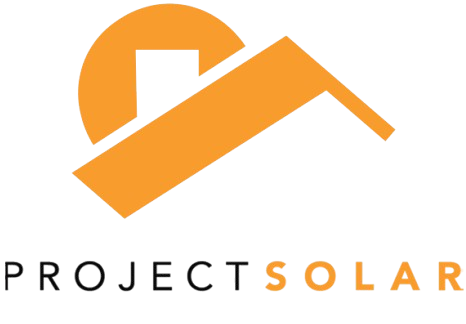
Free Instant Quote
on Project Solar's website




